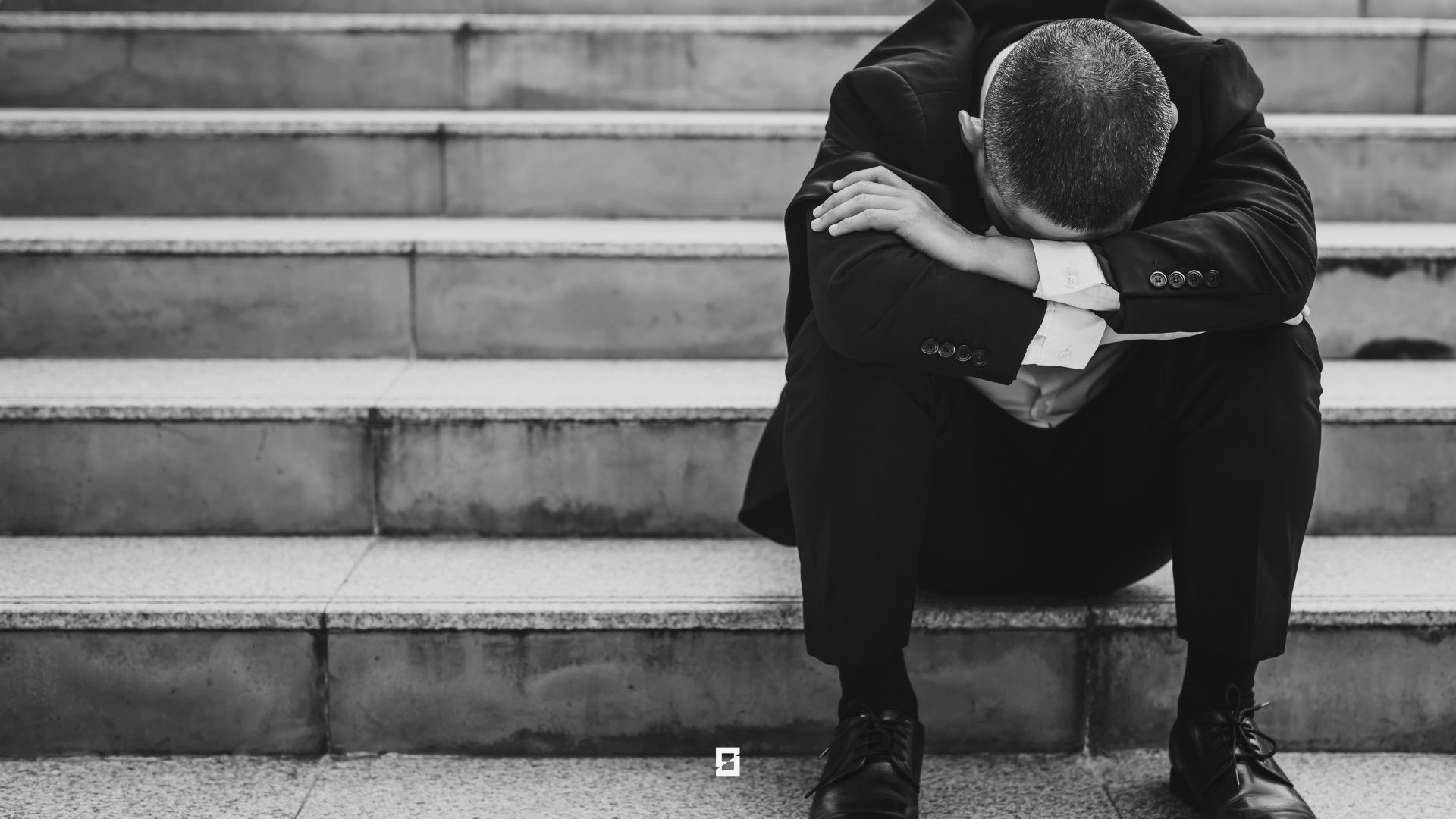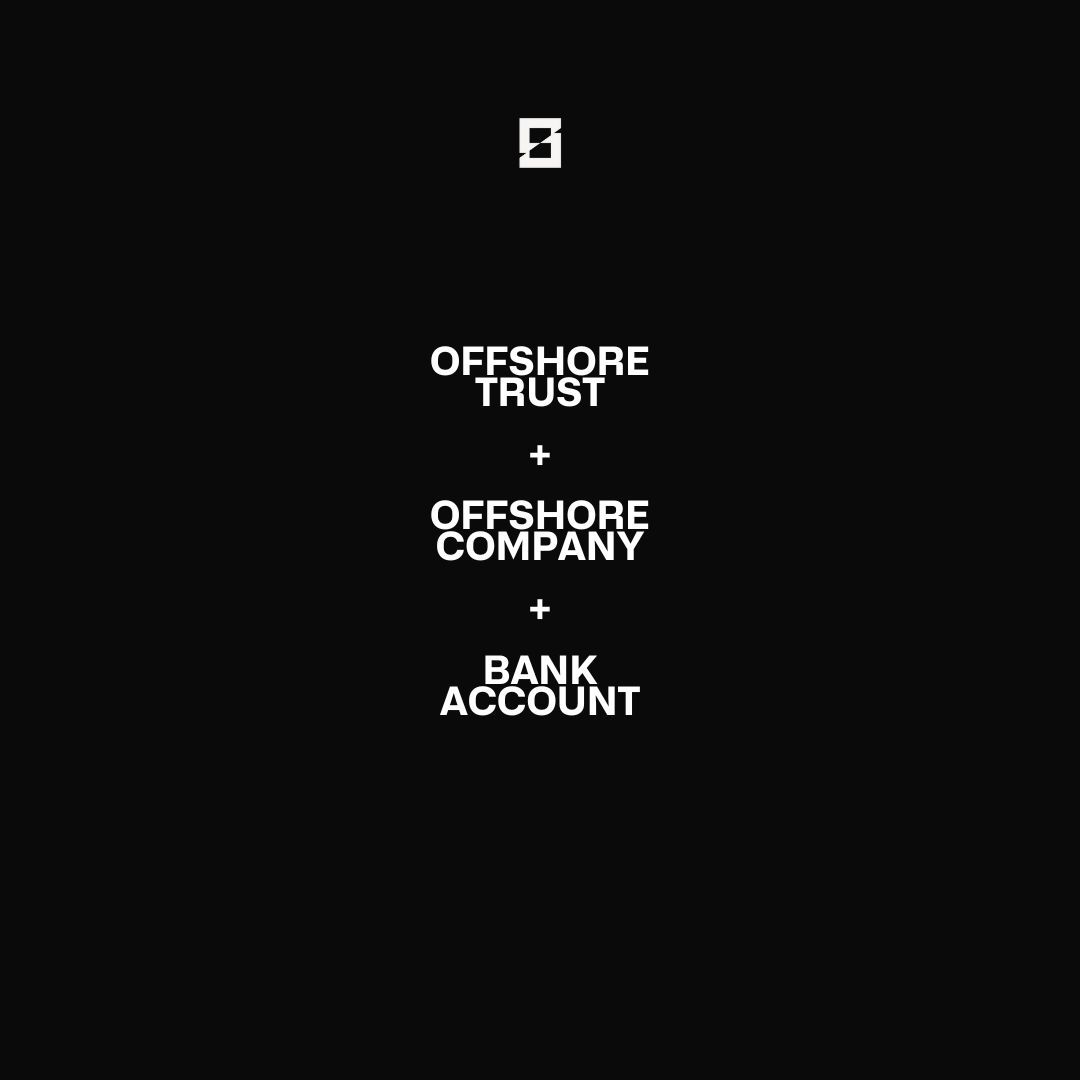Business owners face significant risks from lawsuits related to contractual disputes, employee actions, and product liability. These legal battles can lead to costly judgments and settlements. These legal battles can lead to costly judgments and settlements. In today’s highly litigious business environment, even the most diligent and conscientious business owners are not immune to legal challenges that can arise unexpectedly. Whether it’s a disagreement over the terms of a contract, an employment-related dispute, or a claim arising from a product defect, the financial consequences can be severe and have
Understanding the Risks
Running a business is fraught with potential legal pitfalls. Contractual disputes can arise from disagreements over terms, conditions, and performance expectations, often leading to protracted and expensive litigation. Employee actions, such as wrongful termination or discrimination claims, can also result in substantial legal costs and settlements. Additionally, product liability issues, where a business is held accountable for harm caused by its products, can lead to severe financial consequences.
Without proper protection, these legal challenges can extend beyond the business itself and threaten the personal assets of the business owner. Here’s how:
Personal Liability Risks
- Piercing the Corporate Veil: In cases where courts determine that the business is not truly separate from its owner, they may “pierce the corporate veil,” allowing claimants to pursue the owner’s personal assets to satisfy business debts or legal judgments. This often occurs if there is evidence of commingling personal and business finances or fraudulent activities.
- Personal Guarantees: Many business owners personally guarantee loans, leases, or contracts on behalf of their business. If the business fails to meet its obligations under these agreements, creditors can seek to recover debts from the owner’s personal assets, including homes, savings, and other valuable personal property.
- Asset Seizure: In the event of a significant legal judgment against the business, courts can order the seizure of personal assets if the business assets are insufficient to cover the liability. This means that a business owner’s personal bank accounts, real estate, and even future earnings could be at risk.
Implications of Unprotected Personal Assets
The impact of having personal assets unprotected in the face of business liabilities can be devastating. Here are some potential consequences:
- Financial Ruin: A significant legal judgment can wipe out a business owner’s personal savings, retirement funds, and other financial resources, leading to long-term financial instability and hardship.
- Loss of Property: Personal assets, such as homes and vehicles, can be seized and sold to satisfy legal judgments. This loss can be both financially and emotionally devastating, affecting not just the business owner but their entire family.
- Credit Damage: Legal judgments and the resulting debt collection actions can severely damage a business owner’s credit rating, making it difficult to secure future loans or credit. This can hinder personal financial plans and the ability to invest in new business opportunities.
- Emotional and Psychological Stress: The threat of losing personal assets can cause significant stress and anxiety, impacting the business owner’s mental health and overall quality of life. This stress can also negatively affect their ability to manage the business effectively.
Below are some examples of how a creditor might pursue a business owner’s personal assets.
Contractual Disputes
Contractual disputes are a common legal issue for businesses. These disputes can occur for various reasons, such as misunderstandings about the terms of a contract, disagreements over performance standards, or issues related to the non-fulfillment of contractual obligations. When these disputes escalate to litigation, businesses can face significant legal fees, court costs, and potential damages. The financial burden of such disputes can be crippling, especially for small to medium-sized enterprises.
Example: Imagine a small technology company owned by Jane Doe that enters into a contract with a large corporation to deliver a custom software solution. Midway through the project, disagreements arise over the scope of work and performance standards. The large corporation claims that the software does not meet the agreed-upon specifications and refuses to make the final payment. The technology company, having already invested substantial resources into the project, is forced to initiate legal action to recover the unpaid fees. The litigation drags on for months, accruing significant legal costs. If Jane Doe personally guaranteed the contract, the corporation could seek to satisfy the judgment by targeting her personal assets, including her home, savings, and other investments, potentially leading to personal financial ruin.
Employee Actions
Employee-related lawsuits, including claims of wrongful termination, discrimination, harassment, and wage and hour disputes, represent another substantial risk for business owners. These claims can arise from current or former employees and often involve complex legal issues that require extensive time and resources to resolve. The costs associated with defending against these claims, along with potential settlements or judgments, can be extraordinarily high. Moreover, such legal battles can also damage a company’s reputation and morale.
Example: Consider a medium-sized restaurant chain owned by John Smith that faces a wrongful termination lawsuit from a former manager who alleges they were fired without cause. The former employee claims discrimination based on age and files a lawsuit seeking damages for lost wages and emotional distress. The restaurant chain must hire legal counsel to defend against the claim, which involves lengthy discovery processes, witness depositions, and court appearances. If John Smith has personally guaranteed certain business obligations or if the plaintiff successfully argues that John and his business are inseparable, his personal assets could be at risk. This might include his family home, personal savings, and retirement funds, which could be seized to satisfy a large judgment, leading to severe personal financial distress.
Product Liability
Product liability claims present yet another significant risk for businesses, particularly for those involved in manufacturing, retail, or any sector where goods are produced and sold. If a product is found to be defective and causes harm to a consumer, the business can be held liable for damages. These claims can lead to extensive financial liabilities, including compensation for medical expenses, pain and suffering, and punitive damages. The costs associated with product recalls and reputational damage can further exacerbate the financial impact.
Example: A small appliance manufacturer owned by Alice Johnson releases a new model of a blender, which becomes popular due to its innovative design. However, several months after the product launch, reports emerge that the blenders are overheating and causing fires. One such incident results in a severe injury to a consumer, who then sues the manufacturer for damages. The company faces a class-action lawsuit and is forced to recall the product. If Alice Johnson has not adequately separated her personal assets from her business liabilities, her personal assets, including her home, personal investments, and savings accounts, could be targeted to pay for the extensive damages and recall costs. This scenario could lead to significant personal financial hardship and even bankruptcy.
Mitigating Personal Risks with Offshore Trusts
Without adequate safeguards, a business owner’s personal wealth, including homes, savings, and investments, can be vulnerable to creditors and claimants. Establishing an offshore trust offers a strategic solution to mitigate these risks by creating a secure barrier between personal assets and potential business liabilities. Here’s how offshore trusts can provide crucial protection and peace of mind for business owners.
Establishing an offshore trust can help mitigate these risks by providing a secure barrier between personal assets and potential business liabilities. Offshore trusts are designed to protect assets from being easily accessible to creditors or claimants. Here’s how they help:
- Legal Separation: By placing personal assets in an offshore trust, business owners create a legal separation between their personal wealth and their business liabilities. This makes it more difficult for claimants to pursue personal assets in the event of a legal judgment against the business.
- Asset Protection: Offshore trusts are governed by the laws of the jurisdiction in which they are established. Many of these jurisdictions offer strong protections against creditors, making it challenging for claimants to access the assets held in the trust.
- Privacy and Confidentiality: Offshore trusts often provide greater privacy, helping to keep personal asset holdings confidential and reducing the likelihood of being targeted in lawsuits.
In conclusion, the risks of legal challenges in business extend far beyond the business itself, potentially threatening the personal financial security of business owners. By establishing an offshore trust, business owners can protect their personal assets from the severe financial consequences of legal disputes, ensuring that their hard-earned wealth remains secure and their financial future safeguarded.
Contact Us









